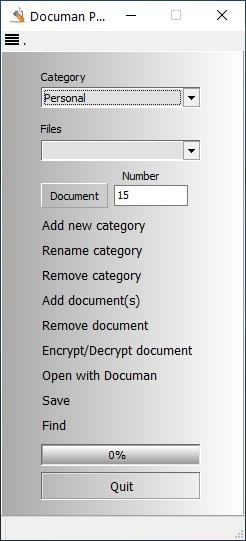December 2020
Google is testing larger cache sizes in Chrome to reduce cache partioning impact
Google introduced support for partitioning the cache of the company's Chrome web browser when it launched Chrome 86 earlier this year. The feature changes how web browsers cache content. Previously, web browsers like Chrome used a single cache to store content. One benefit of this approach is that all sites may make use of a cached resource, say a web font or image to speed up the loading of a page or application.
Use of a single cache opened up the door for attacks as sites could check for the existence of cached entries for use in tracking and other attacks.
Looking for YouTube's Autoplay option? Google moved it!
Google released updates for the company's YouTube application for Android and Apple's iOS operating system recently. One of the changes of the update moved the autoplay toggle; it is now displayed in the media player.
YouTube users who use the web version, e.g. on a desktop operating system such as Windows, will get the same change. Google is rolling it out currently to all users who access YouTube on the web.
Most users should see a prompt the next time they play a video on the site stating "looking for autoplay? Choose whether videos automatically play next".
Firefox 84.0.1 update fixes crashes and other issues
Mozilla plans to release a minor update for the organization's Firefox web browser later today. Firefox 84.0.1 is a bug fix release that addresses crashes, performance and loading issues.
The new version of Firefox is pushed via the browser's automatic updating system to all devices that have it enabled. Users may check the installed version in the browser by selecting Menu > Help > About Firefox. Doing so will run a check for updates to download available ones to the local system.
Categorize your documents and access them quickly with Documan
Do you work with a lot of documents, but struggle at times to find the ones you need? Documan is a freeware tool that can be used to categorize your files, and access them quickly. The program is user-friendly, and you can get started with it in just a couple of minutes.

Running ChkDsk on Windows 10 20H2 may damage the file system and cause Blue Screens
Microsoft's newest version of Windows 10, Windows 10 20H2, appears to have a bug that may damage the file system of the Windows partition and cause blue screens during reboots. Reports suggest that running ChkDsk on these devices may damage the file system and cause blue screens on the first reboot of the system after the check disk operation completes.